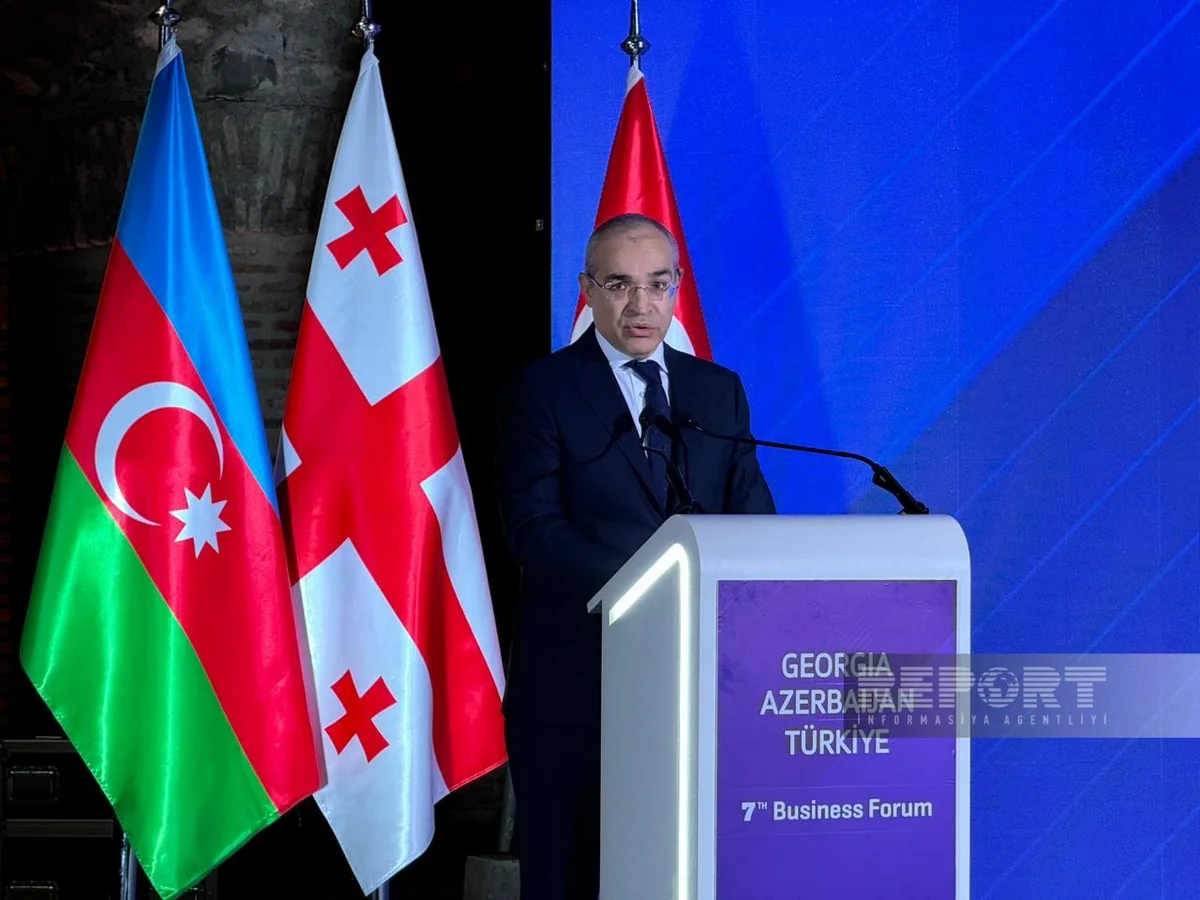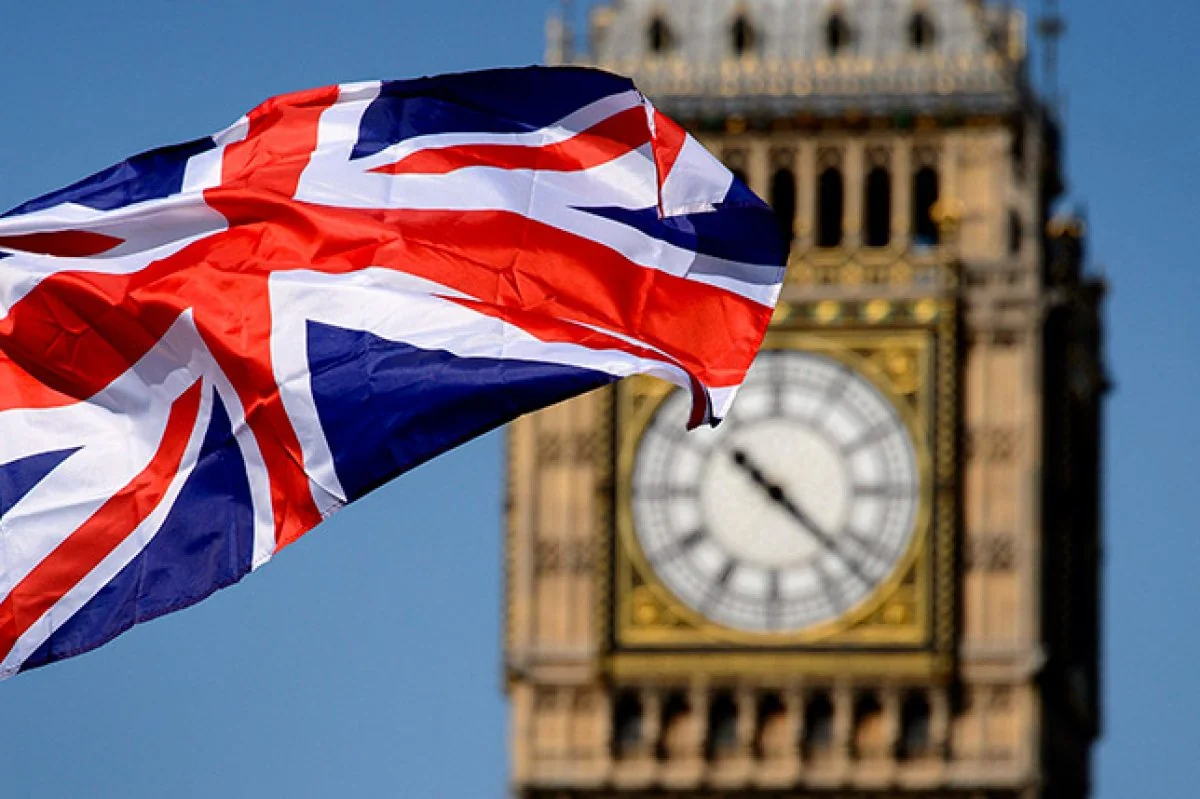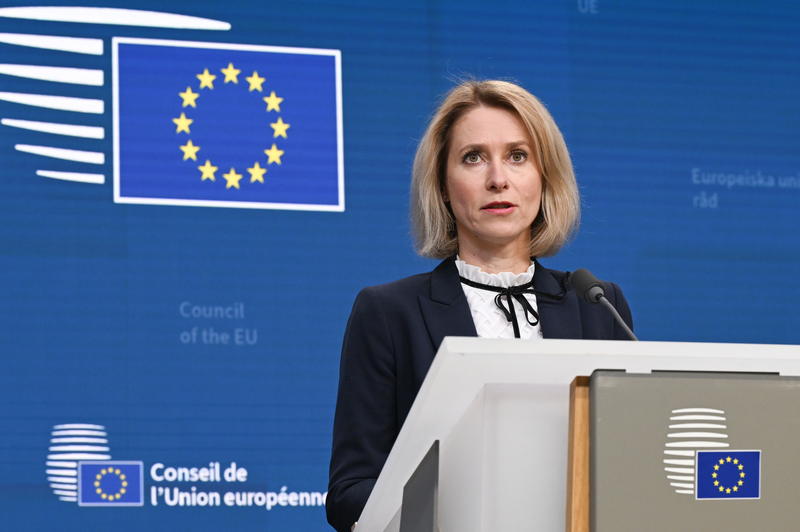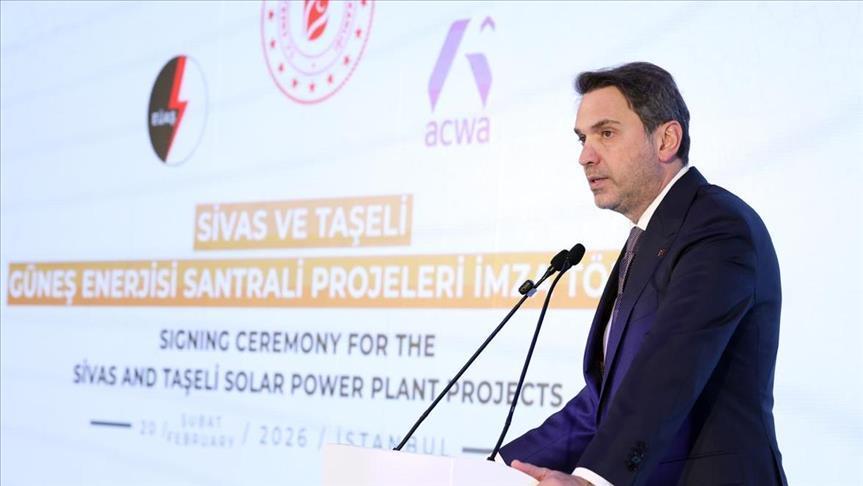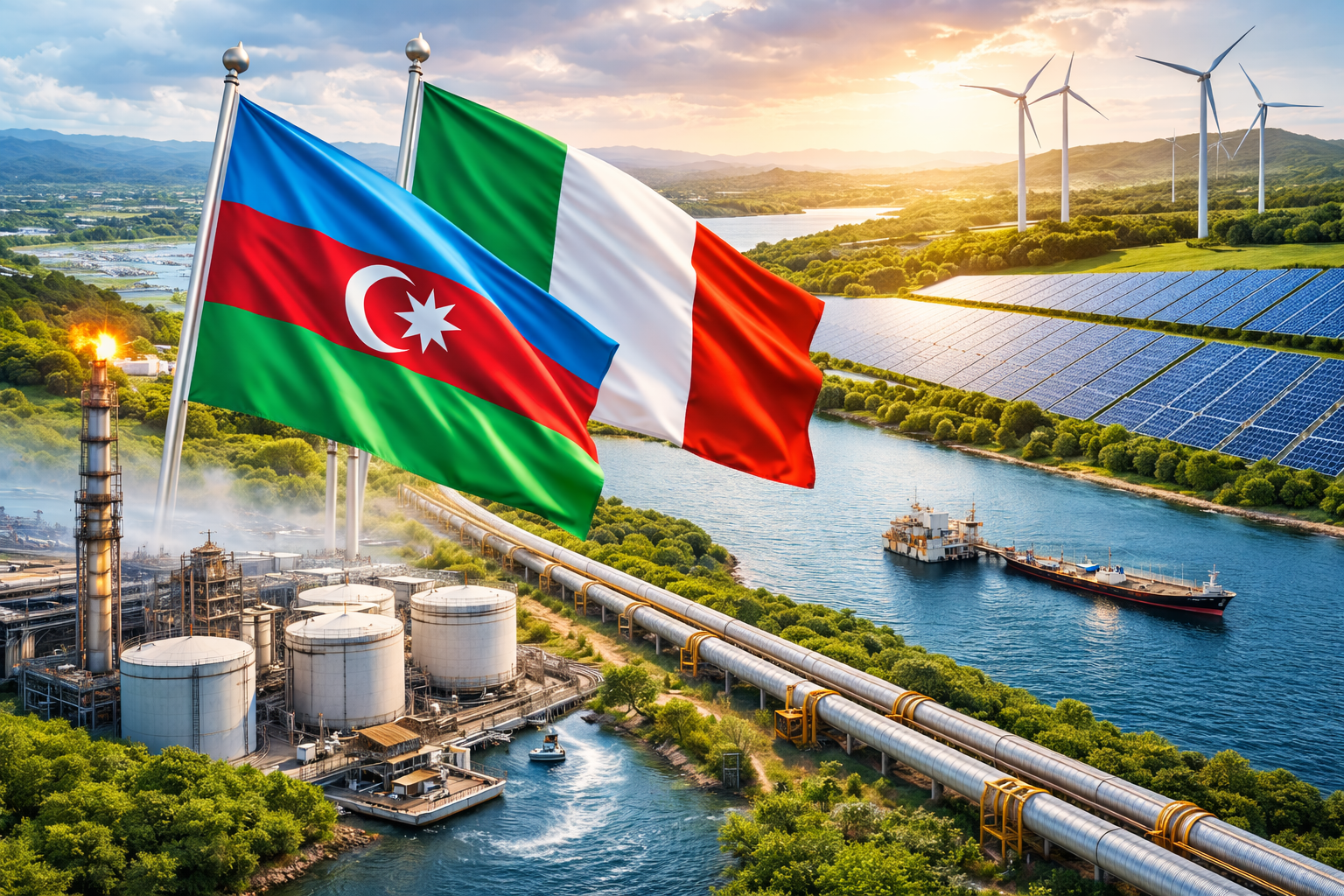In his personal statement published by Jam News on January 26, the European Union Special Representative for the South Caucasus and the Crisis in Georgia Toivo Klaar says that his request to visit Abkhazia scheduled for the end of January 2024 has been denied. According to him, this is the second refusal of his visit there in the past six months.
“Abkhazia’s relative openness should not become a casualty of Russia’s war against Ukraine,” EU Representative Klaar writes, adding that “instead, now is a need for more, not less, direct personal contacts to exchange views and assessments of recent and current developments and to discuss possibilities for further mutual engagement.”
The EU Special Representative notes that in recent years there have been “increasing restrictions being placed on our work and the work of UN agencies, international NGOs and local civil society organizations.”
Toivo Klaar underlines the European Union “has been playing a key role in facilitating dialogue and conflict resolution efforts” in the South Caucasus in general, as well as between Tbilisi and the de-facto authorities in Sokhumi.
“In this context and in the framework of our policy of non-recognition and engagement,” according to the Special Representative Klaar, “the EU has been facilitating or funding a considerable number of humanitarian programmes in Abkhazia over more than a decade now.”
The EU Special Representative notes that despite fundamental political differences and disagreements on some core issues “we have always managed to keep channels of communication open and allow for space for engagement in all those areas that I have mentioned.”
Citing various humanitarian projects supported by the EU in the occupied region, in areas such as education, small business support and health care, he notes that closing the space to international engagement or restricting the activities of international organizations, and thus the assistance coming to Abkhazia, “will only exacerbate” the challenges that have to be tackled.
The Special Representative emphasizes that currently Abkhazia seems to be closing down. “I don’t see how these developments are in the interest of anyone, least of all the populations of Abkhazia,” – writes Klaar, expressing hope that the restrictions are temporary, and will soon be overcome.
The de facto authorities of the occupied region have lashed out at international actors working in the region, in particular the US Agency for International Development (USAID), on several occasions over the past year. The de-facto top diplomat of occupied Abkhazia’s Inal Ardziba announced in November last year that international non-governmental organizations (NGOs) that view Abkhazia as an occupied territory will soon be banned from entering the region, in accordance with a so-called “presidential decree” to be issued “soon” “that will introduce changes in the regulation of the activities of international non-governmental organizations” in the occupied region.


